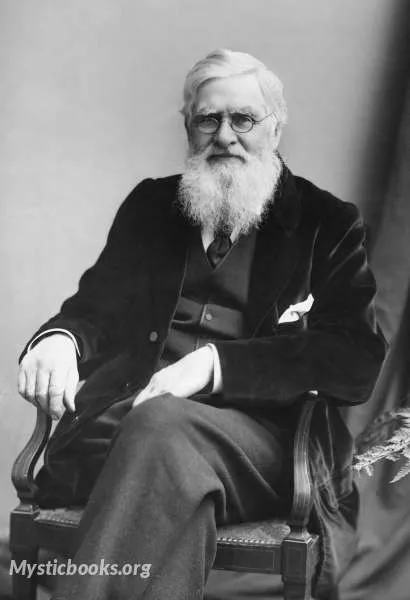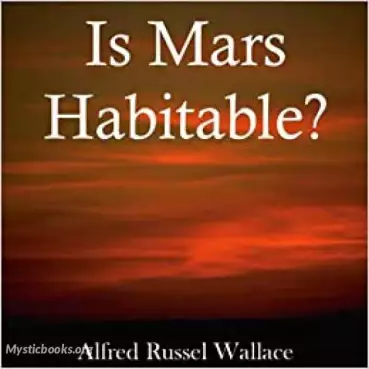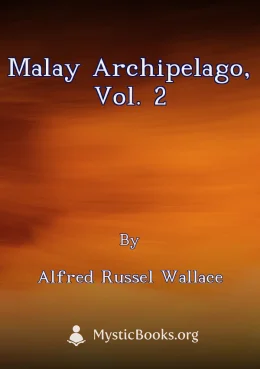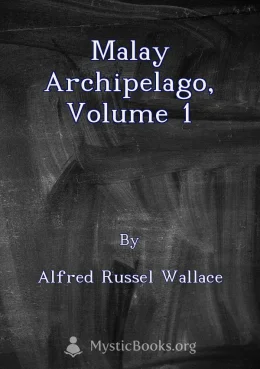
Timeline
Title
Country/Nationality
Alfred Russel Wallace
Alfred Russel Wallace was a British naturalist, explorer, geographer, anthropologist, biologist and illustrator. He is best known for independently conceiving the theory of evolution through natural selection; his paper on the subject was jointly published with some of Charles Darwin's writings in 1858 This prompted Darwin to publish On the Origin of Species.
Like Darwin, Wallace did extensive fieldwork—first in the Amazon River basin, and then in the Malay Archipelago, where he identified the faunal divide now termed the Wallace Line, which separates the Indonesian archipelago into two distinct parts: a western portion in which the animals are largely of Asian origin, and an eastern portion where the fauna reflect Australasia. He was considered the 19th century's leading expert on the geographical distribution of animal species and is sometimes called the "father of biogeography".
Wallace was one of the leading evolutionary thinkers of the 19th century and made many other contributions to the development of evolutionary theory besides being co-discoverer of natural selection. These included the concepts of warning colouration in animals, and reinforcement (sometimes known as the Wallace effect), a hypothesis on how natural selection could contribute to speciation by encouraging the development of barriers against hybridisation. Wallace's 1904 book Man's Place in the Universe was the first serious attempt by a biologist to evaluate the likelihood of life on other planets. He was also one of the first scientists to write a serious exploration of the subject of whether there was life on Mars.
Aside from scientific work, he was a social activist who was critical of what he considered to be an unjust social and economic system (capitalism) in 19th-century Britain. His advocacy of spiritualism and his belief in a non-material origin for the higher mental faculties of humans strained his relationship with some members of the scientific establishment. His interest in natural history resulted in his being one of the first prominent scientists to raise concerns over the environmental impact of human activity. He was also a prolific author who wrote on both scientific and social issues; his account of his adventures and observations during his explorations in Singapore, Indonesia and Malaysia, The Malay Archipelago, was both popular and highly regarded. Since its publication in 1869, it has never been out of print.
Books by Alfred Russel Wallace

Is Mars Habitable?
In 1907 Wallace wrote the short book Is Mars Habitable? to criticize the claims made by Percival Lowell that there were Martian canals built by intelligent beings. Wallace did months of research, consulted various experts, and produced his own scient...

Malay Archipelago, Vol. 2
Alfred Russel Wallace's *The Malay Archipelago* is a captivating account of his extensive travels throughout the islands of Southeast Asia. This two-volume work, first published in 1869, combines meticulous scientific observations with engaging descr...

Malay Archipelago, Volume 1
Alfred Russel Wallace's *The Malay Archipelago* is a captivating account of his eight-year expedition through the islands of Southeast Asia. This landmark work, published in 1869, chronicles his extensive observations of the region's diverse flora an...